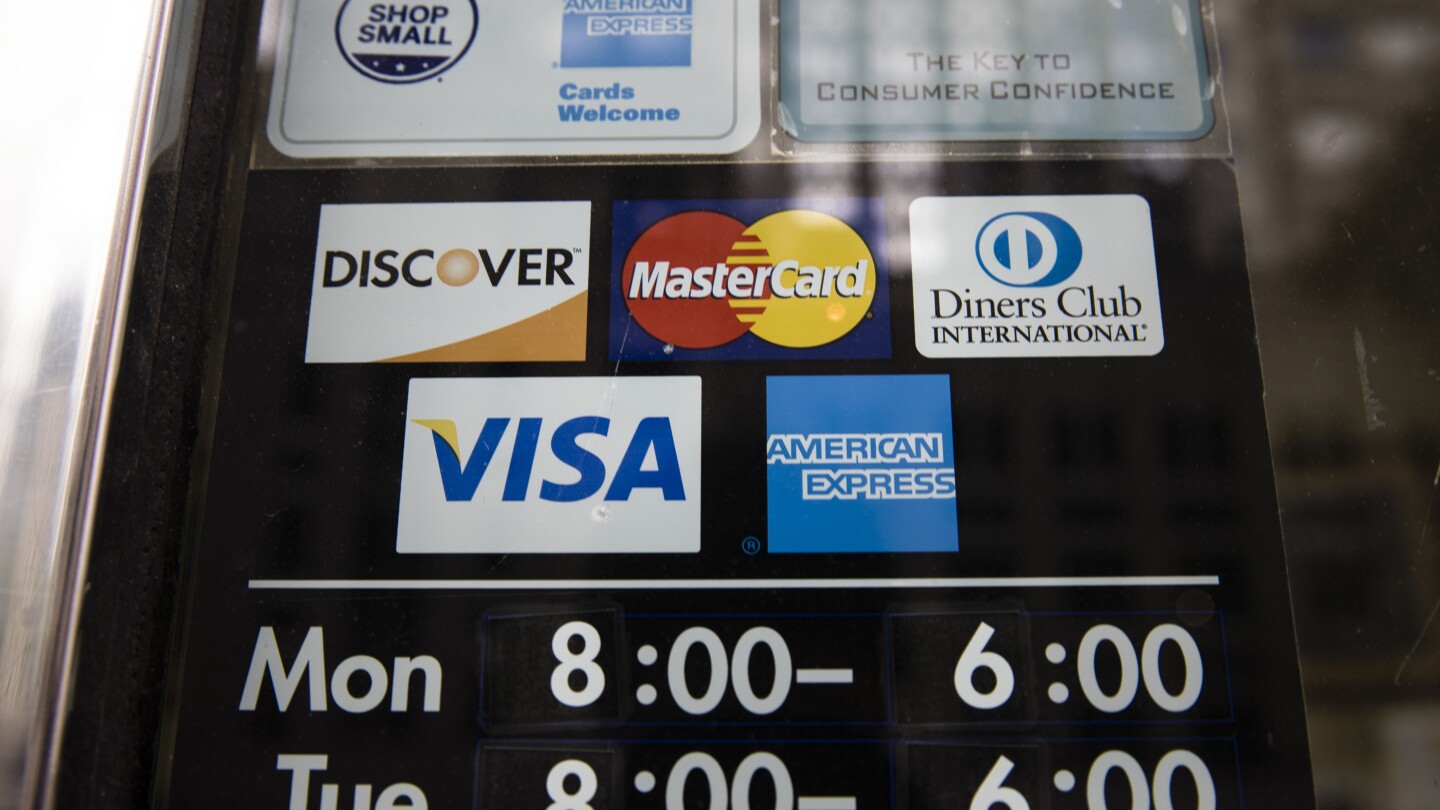While the U.S. economy is broadly healthy, pockets of Americans have run through their savings and run up their credit card balances after battling inflation for more than two years.
Experts worry that members of these groups – mostly lower- and middle-income Americans, who tend to be renters – are falling behind on their debts and could face further deterioration of their financial health in the year ahead, particularly those who have recently resumed paying off student loans.
“The U.S. economy is currently performing better than most forecasters expected a year ago, thanks in large part to a resilient consumer,” wrote Shernette McLoud, an economist with TD Economics, in a report issued Wednesday. “However, more recently that spending is increasingly being financed by credit cards.”
Americans held more than $1.05 trillion on their credit cards in the third quarter of 2023, a record, and a figure certain to grow once the fourth-quarter data is released by Federal Deposit Insurance Corp. next month. A recent report from the credit rating company Moody’s showed that credit card delinquency rates and charge-off rates, or the percent of loans that a bank believes will never be repaid, are now well above their 2019 levels and are expected to keep climbing.
…
Most analyses of Americans’ financial health tend to tell a tale of two consumers. On one side are the roughly two-thirds of Americans who own their homes and those who’ve invested in the stock market and done substantially well. They generally had the savings cushion necessary to weather high inflation. Delinquency rates on single-family homes remain at near historic lows and home prices have continued to climb.
But for the rest of America, things are looking rough.



You need to establish credit in order to participate in the society that we created. You can’t rent an apartment, get a house, get a vehicle, etc, without credit history.
True, but the point is establishing responsible credit history. If you’re not spending within your means, it’s time to make adjustments. It’s not to say that things don’t come up, especially now that medical costs are one of the primary reasons for going into debt, but it’s certainly possible to live on the poverty line without going into debt.
And if that credit history is ruinous and terrible, you can’t rent an apartment, or get a house, or buy a vehicle. Credit history is important but it’s also something you have to be taught how to achieve in a responsible way.
… if you’re allowed to.
'Cause there’s a whole section of the economy that pushes against the average person trying to join in.